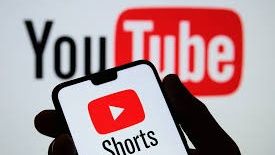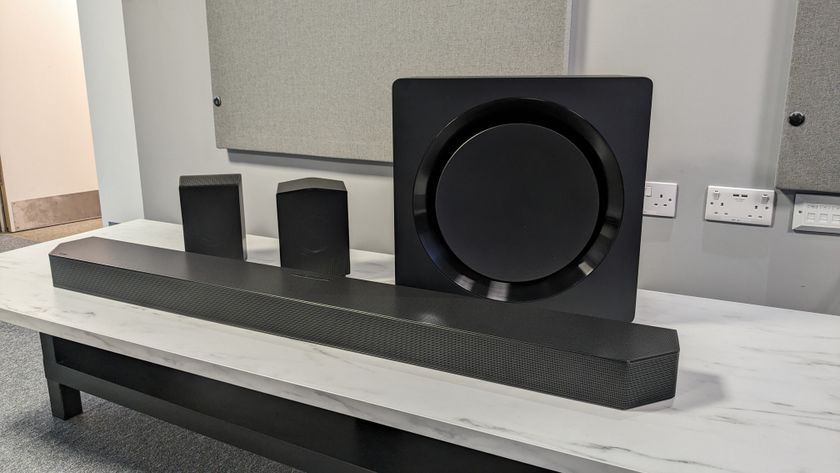5 things Twitter needs to improve if it wants to grow
It's time for some changes
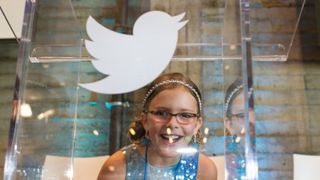
Dorsey's back at the helm
There has been big news from Twitter this week as it turns out that the company's new CEO is someone rather familiar: The old CEO. Founder Jack Dorsey - or @Jack to his followers - is back at the helm permanently following the controversial stewardship of Dick Costolo, who stepped down from the position last June.
Dorsey faces big challenges at the company, on two fronts: Growth of the platform is sluggish compared to the likes of Instagram and its step-dad Facebook, and investors are demanding that the company's blue bird becomes a golden goose and starts laying some more cash. So what can the company do? Here are five ideas.
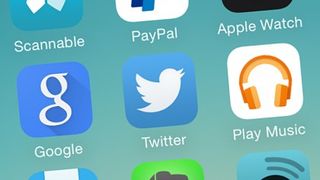
Help users consume, not just create
One of the big problems for Twitter is still one that people were asking right back when the company was new: Why?
Users already have their friends and family on Facebook - and over there they can share content that is longer than 140 characters, chat with friends on Facebook messenger and share endless albums of baby photos. Even if Twitter did add tonnes of new functionality, it will never be able to compete with Facebook due to the network effect: Why would you sign up for another social network when all of your friends are already using a different one?
The proof is in the numbers: One study found that an astonishing 44% of Twitter users have never sent a tweet. So what are they all doing?
Where Twitter has managed to carve out a niche for itself is in news. Why doesn't Twitter continue to position itself around consumption? There are already thousands of celebrities and public figures who use the platform, as well as (essentially) every media outlet in the world - so why not make Twitter the place to find out the latest news beyond your immediate social circle?
Twitter could easily become what's essentially a user friendly replacement for RSS feeds (for some people it already has). Sure, you yourself might be perfectly comfortable with an RSS feed reader and all of the necessary faffing about that entails - but what about your parents? Twitter could adapt its offering to make more of the fact that it offers a personalised news feed. Want the latest from the Economist but are also into your Norwegian black metal? Or are you more interested container shipping and Taylor Swift? Using Twitter, you can get exactly what you want.
Twitter could support this by either pinching what Instapaper does so well, and offer a "reader" style paginated view for linked articles. It even already has a built-in mechanism for sharing articles you like with your friends.
What about a Twitter reader app which pulls articles out from links tweeted to your timeline to compete with Apple's new News app? It could even win the hearts and minds of the journalists who have given it so much love and usage over the years by launching a virtual "tip jar" that will automatically send a publication a bit of money from your virtual wallet every time you hit a "Like" button on an article you read. Hey, it's an idea.
Twitter is already the go-to destination for breaking news, so why not embrace it? Especially as Facebook and Reddit are starting to.
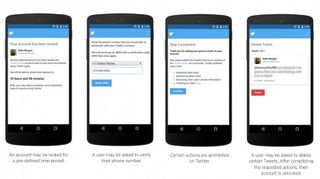
Deal with harassment
One unfortunate side-effect of Twitter's success is that it has made it easier than ever to be horrible to people on the internet. Every day there are new reports of people, both public figures and private individuals, being leaped on by the virtual Twitter mob, often having their lives made a misery.
If the company wants to rid itself of this toxic image, it needs to do something about it.
Unfortunately, figuring out what that "something" should be is rather tricky, as any changes to the way that Twitter currently works is going to ruin the experience for some users given that everyone uses the platform in subtly different ways.
For example, if Twitter insisted on a Facebook-style "real name" policy then this would mean that many users who post anonymously for entirely legitimate reasons (eg, whistleblowers) would be unable to participate. If Twitter were to insist by default that you can only see mentions from people you follow back, this would fundamentally transform the open nature of Twitter. For some people the appeal is that Twitter is like a bar, where anyone can jump into conversation.
If Twitter was to simply beef-up its harassment reporting and take a more draconian line, it would force the company to make awkward judgements on some very contentious issues. If a politician is complaining about one constituent constantly sending messages, how can a line between "harassment" and "legitimate political protest" be drawn? Before you know it, the company is stuck between a rock and a hard place taking sides on issues that it doesn't want to be a part of.
Unfortunately for Twitter though, it needs to find an answer. And it knows it.
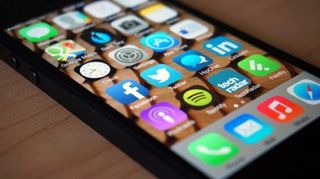
Continue to pivot towards messaging
One interesting development during Dick Costolo's tenure was the subtle transformation of Twitter's Direct Messaging functionality into a fully-fledged messaging app. Perhaps inspired by the wild success of WhatsApp and BBM, slowly but surely changes were rolled out to remove restrictions. For example, now DMs can be longer than 140 characters, and you can even send photos privately too.
Twitter has also removed the need for the sender and receiver to be following each other to exchange messages, meaning that for all intents and purposes it is just as easy to hand out your Twitter handle as it is your phone number if you want someone to text you.
If Twitter can build on this by, say, releasing a separate messaging app like Facebook did, it could be lucrative. While users might be shy to share stuff publicly, messaging friends is second nature. Twitter is already used by many brands as an accessible customer support channel - so there could also be further opportunities to monetise by building in more tools to help phone networks, supermarkets and other companies talk to their customers.
In fact, Facebook is already moving on this, having launched its "Messenger Platform" last spring, which will soon enable brands to, say, send you shipping updates via Facebook Messenger instead of email. So Twitter should get on this, fast.
Open up again to Developers

As a long time Twitter user, one of the worst things to see over the course of the company's history has been the slow closing-in of the platform. When Twitter launched, the developers (which presumably included new CEO Dorsey) were smart enough to make the platform open, so that if you didn't want to use Twitter.com, you could use any number of websites and apps to check your tweets.
This led to an explosion of innovation with the likes of Twhirl and Tweetdeck (which started out as an independent company) providing an early home for Twitter's "power users", who want to see more than just the standard interface.
In recent years, though, Twitter has limited the functionality on third party apps, by restricting what data they can request via the API. And while there still are third party apps like Tweetbot out there, which are much, much nicer to use than official Twitter, they are deliberately hobbled compared to official apps.
If Twitter wants to ensure that it stays relevant, and wants to foster a culture of innovation around its platform, it should open up as much as possible. Who knows what explosive uses could be found for Twitter if developers were given a fair chance?

Realise Twitter Can't Do Everything
Perhaps ultimately, Dorsey and everyone else involved with Twitter needs to simply realise that it can't do everything. Over the last nine years, Twitter has been the main conduit of the international cultural zeitgeist, and the platform of choice for a number of significant communities (such as journalists and so-called "Black Twitter"). Perhaps the question should be asked: Does it really need to conquer the world like Facebook has?
As Paul Mason noted in August, the fact that Twitter is a publicly traded company answers this question. Investors demand big growth and big dividends as their end of the stock market investment bargain. If only investors could accept that Twitter won't continue to grow as fast, and that it is now a mature company it might be in a better position, at least, in theory. Nobody expects double digit growth from the likes of General Motors or British Gas.
Perhaps Twitter would be better off pulling an Alphabet, and positioning its core product (Twitter) as Google has done with its core products: As something that is reliable and mature. For growing the company and hoping to hit on the next big thing, the company can instead focus on completely different products.
Just as Alphabet/Google (whatever you decide to call it), has its self-driving car and Google Glass as its roll of the dice for the future, Twitter has Vine and Periscope - and thanks to its not inconsiderable size is well-positioned to make similar gambles in the future too.
So let Twitter be Twitter, and serve the not inconsiderable community that it does - and instead use it as a vehicle to launch other, separate, success stories of the future.
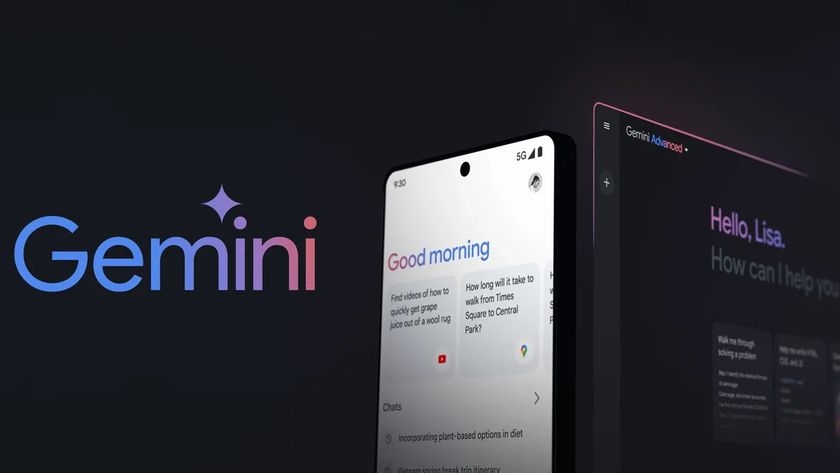
Gemini Deep Research is now free - here are 4 ways to get the most out of Google’s awesome AI tool

New rumors predict a foldable iPhone will launch next year – and cost almost twice as much as the iPhone 16 Pro Max

This fanless PC looks like a giant heatsink and has one incredible feature: five, yes five, 4K-capable HDMI ports

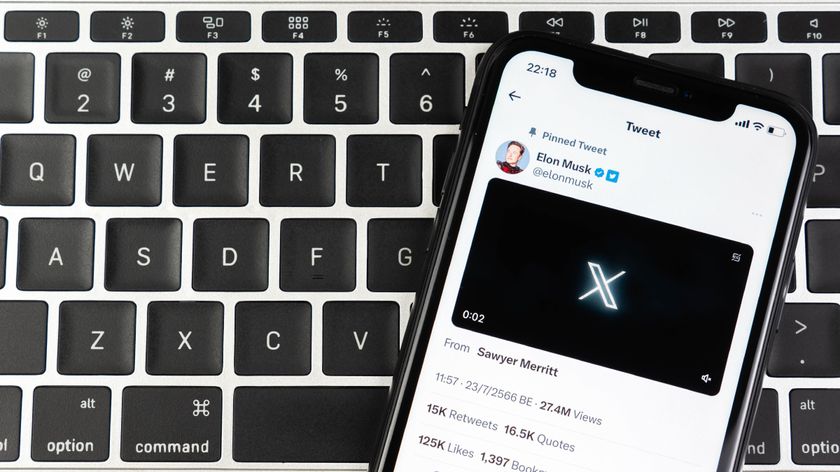

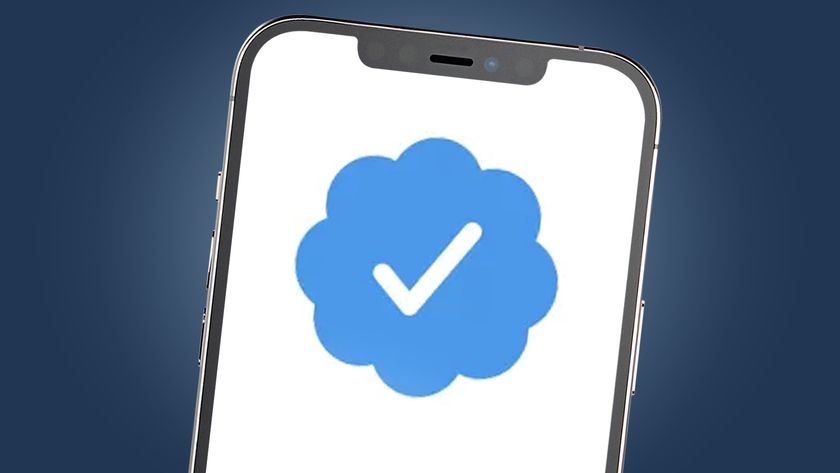
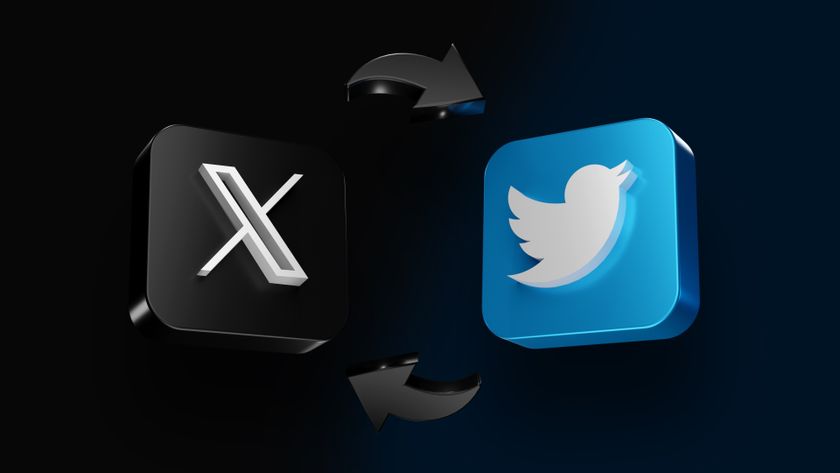




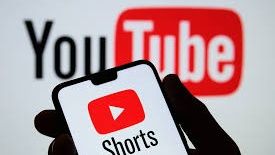
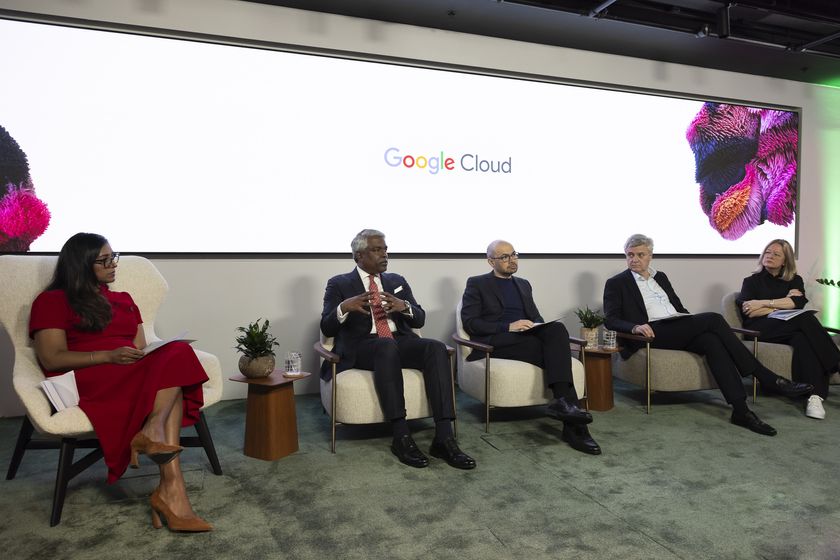


Gemini Deep Research is now free - here are 4 ways to get the most out of Google’s awesome AI tool

New rumors predict a foldable iPhone will launch next year – and cost almost twice as much as the iPhone 16 Pro Max

This fanless PC looks like a giant heatsink and has one incredible feature: five, yes five, 4K-capable HDMI ports





